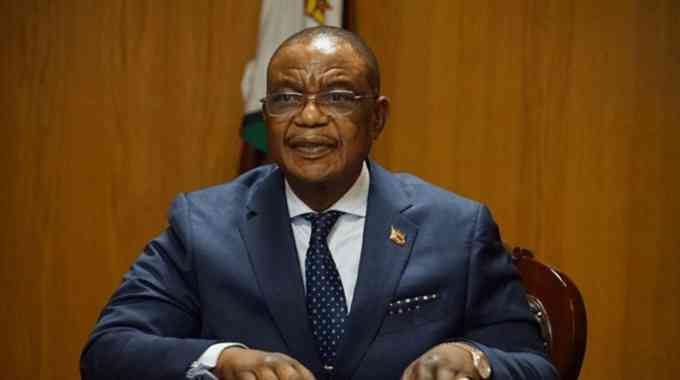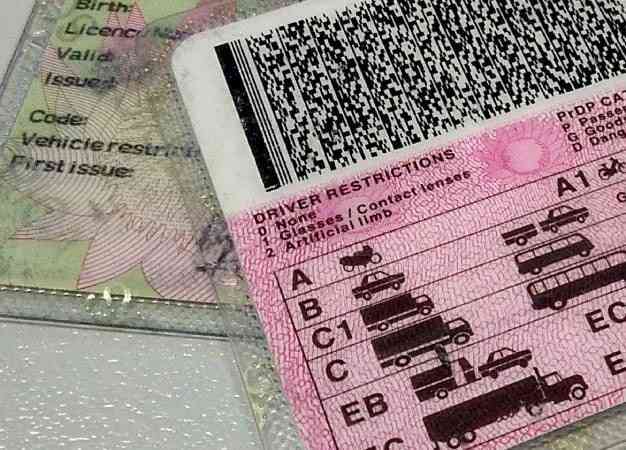
TREASURY will not be releasing funds for procurement done outside the newly-launched electronic Government Procurement (eGP) System, Vice-President Constantino Chiwenga has said.
The eGP System is a secure web-based application managed by the Procurement Regulatory Authority of Zimbabwe (Praz).
It enables all public entities and bidders to conduct procurement activities electronically.
Speaking at the Praz annual conference in Victoria Falls on Monday, Chiwenga called on government departments to ensure full compliance and upload their annual procurement plans on the system.
“It is gratifying to report that most procuring entities now have their annual procurement plans approved in the electronic Government Procurement system, with over 21 000 suppliers registered,” he said.
“I urge all ministries, departments and agencies to ensure full compliance and upload their annual procurement plans as stipulated in the Public Procurement and Disposal of Public Assets Act [Chapter 22:23].
“In accordance with the law, Treasury has instructed that funds will not be released for any procurement conducted outside the electronic Government Procurement system. Early adopters of this system are already enjoying the benefits of increased efficiency, effectiveness, transparency and competitiveness.”
Chiwenga said the initiative, being implemented in phases, aims at enhancing transparency and shuts windows to corruption.
- Cleric showers praises on ED
- Chiwenga’s amputated ex-wife remanded in hospital
- ICASA assesses Zim conference host bid
- Zim confident of hosting ICASA
Keep Reading
“You may be pleased to know that the electronic Government Procurement system went live in January this year, marking a pivotal step towards modernising our procurement processes,” he said.
“This initiative, implemented in phases, aims to enhance transparency and reduce opportunities for corruption. Through digitising procurement, we make it more accessible and ensuring equitable participation for all stakeholders.
“This progress is testament to our commitment to improving public procurement and supporting the broader economic goals of our nation.”
The Vice-President said Zimbabwe needed to embrace the African Continental Free Trade Area (AfCFTA) as it offers opportunities to elevate local industries.
“In this context, we must acknowledge the vital role that public procurement can play in harnessing the transformative potential of the African Continental Free Trade Area.
“The African continent has an estimated population of 1,3 billion and a combined gross domestic product (GDP) exceeding US$3 trillion.
“Therefore, the African Continental Free Trade Area offers an important platform to strategically source goods and services that elevate our local industries and accelerate economic growth.”
According to Chiwenga, Zimbabwe’s strategic geographic location within southern Africa positioned it as a vital link between key trade corridors in the northern and southern regions of the continent.
“This advantageous positioning facilitates trade and logistics, establishing Zimbabwe as a hub for public procurement and economic activities.
“To support this vision, government is actively rehabilitating its road and rail network to enhance accessibility to regional markets,” he said.
“In this vein, aligning our procurement strategies with the objectives of the African Continental Free Trade Area will create an environment that attracts investment and encourages local production.”
AfCFTA, a free trade area expected to lift 100 million Africans out of poverty, is the world’s largest trading bloc since the establishment of the World Trade Organisation, according to a World Bank report.
The agreement will create a single continental market for a population of about 1,3 billion people, with a combined GDP exceeding US$3,4 trillion.










